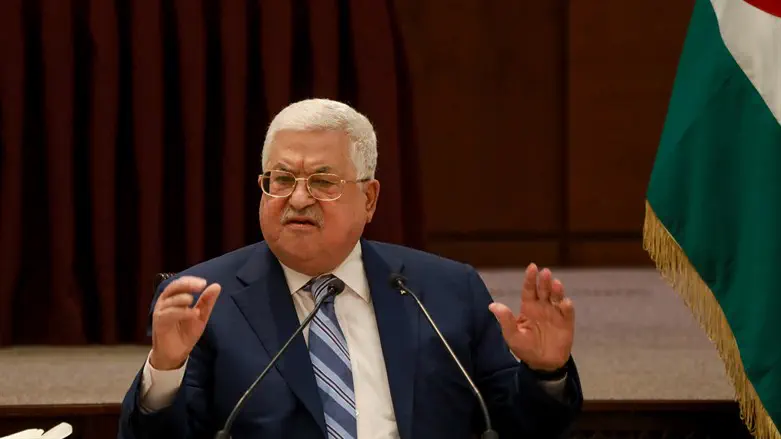
Palestinian Arab factions welcomed the decision by Iran and Saudi Arabia to re-establish diplomatic relations.
“The Palestinian Presidency appreciates the Chinese role that contributed to reaching the agreement,” said a statement from Palestinian Authority (PA) chairman Mahmoud Abbas’ office. “We hope that the agreement will lead to stability and enhance the positive atmosphere in the region.”
Tayseer Khaled, a senior official with the PLO’s Democratic Front for the Liberation of Palestine (DFLP), welcomed the agreement and expressed hope that it would constitute “a major step towards addressing the economic, political and security challenges facing the Middle East”, reported JPost.
Khaled praised China for the “great achievement,” saying the agreement “deals a severe blow to the policy of hegemony pursued by successive US administrations and to the policy of the right-wing Israeli government.”
Khalil al-Haya, member of the Hamas political bureau, said the Saudi-Iranian agreement was an “important step towards uniting the ranks of the Muslim community.”
The agreement, he said, will “strengthen security and understanding between Arab and Islamic countries and help achieve stability in the region.”
“This important step is in the interest of the Palestinian cause and supports the steadfastness of our people in the face of the occupation and its ongoing aggression against our land, people and holy sites,” Haya said in a statement quoted by JPost.
Iran announced on Friday that it had agreed to restore diplomatic ties with Saudi Arabia.
The two countries will reopen their embassies in Riyadh and Tehran within 60 days, Iranian media reported, claiming that the deal was reached during a recent meeting in China.
The Islamic Republic and Saudi Arabia have not had formal diplomatic ties since an attack on the Saudi embassy in Tehran and a Saudi consulate in Mashhad. That attack prompted Saudi Arabia to expel Iran's mission in Riyadh. The attacks in Tehran and Mashhad came in response to the execution of a prominent Shiite cleric in Saudi Arabia.
Both Hamas and the Islamic Jihad have had close ties with Iran over the years.
Hamas and Iran have appeared to restored ties that had been strained in recent years, as evident in the summer of 2017 when Hamas leader Haniyeh thanked Iran for its "unlimited" support for the Al-Qassam Brigades and its contribution to the development of Hamas' military capabilities.
Last August, Iranian President Ebrahim Raisi met in Tehran with Islamic Jihad leader Ziad Nahala. During the meeting, the Iranian President lashed out at Israel.
Saudi Arabia has reportedly had behind-the-scenes contacts with Israel in recent years, but the Saudis have vehemently denied those rumors.
Saudi officials have repeatedly said that a Palestinian state with eastern Jerusalem as its capital is a prerequisite for Saudi Arabia normalizing ties with Israel.
Saudi Arabia insists that Israel accept the 2002 Saudi Peace Initiative, which stipulates that 22 Arab countries will normalize ties with Israel in return for an Israeli withdrawal from Judea and Samaria.
Israel to date has rejected the 2002 Saudi proposal due to the fact that it calls for Israel to accept the so-called "right of return" for millions of descendants of Arabs who fled pre-state Israel, effectively bringing an end to the Jewish state.
